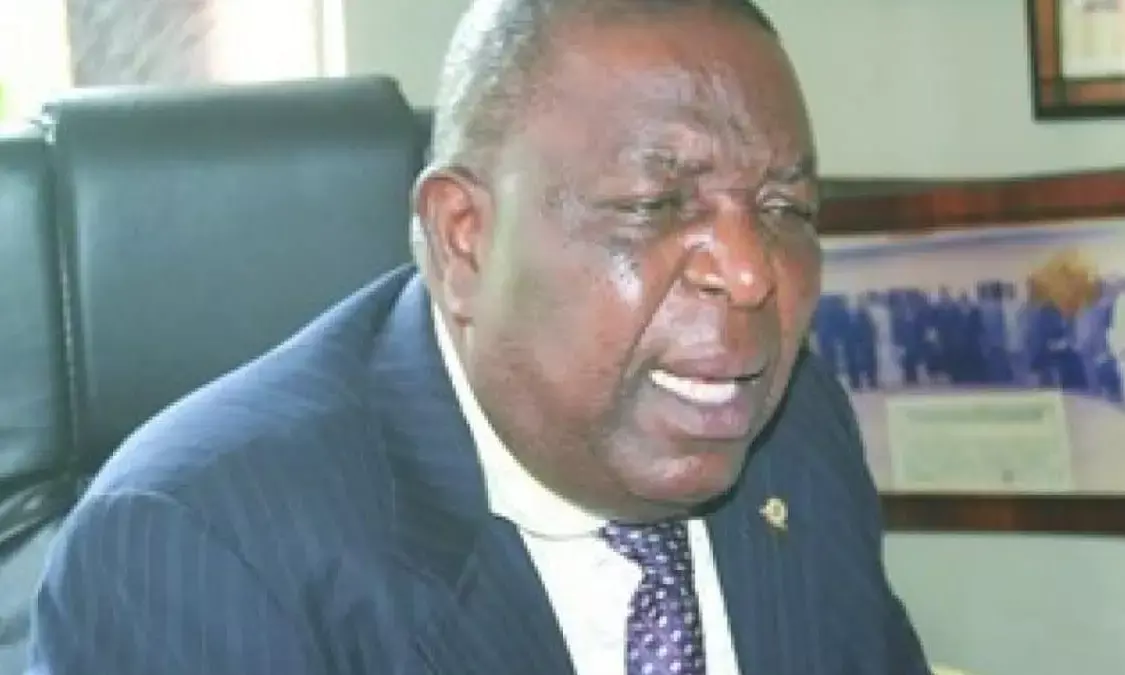Raising interest rate’ll make cost of borrowing higher for productive sector - Ex-ANAN president
The ex-ANAN president noted that the MPC was trying to moderate the inflation rate, but it would not work because Nigeria imports most of the goods consumed and exports less out of the country.;

Dr. Samuel Nzekwe, a financial analyst, said increasing the Monetary Policy Rate (MPR) by the Apex Bank from 18.5 percent to 18.75 percent would make the cost of borrowing higher for the productive sector.
Nzekwe, who is also the former President of the Association of National Accountants of Nigeria (ANAN), stated this on Wednesday in Ota, Ogun.
He spoke against the backdrop of the outcome of the two-day meeting of the Monetary Policy Committee (MPC) of the Central Bank of Nigeria (CBN).
Supreme News reports that the Acting Governor of the CBN, Mr. Folashodun Shonubi, announced after the two-day meeting on Tuesday in Abuja that the MPR had been raised from 18.5 percent to 18.75 percent.
Cash Reserve Ratio (CRR) and Liquid Ratio were retained at 32.5 per cent and 30 per cent.
The MPR is the baseline interest rate upon which other interest rates are built.
“Increasing interest rate would make borrowing and cost of money, especially for those in the productive sector, costly,” he said.
“In addition, goods produced under this MPR will become costly and contribute to an increase in the nation’s inflation rate,” he said.
The ex-ANAN president noted that the MPC was trying to moderate the inflation rate, but it would not work because Nigeria imports most of the goods consumed and exports less out of the country.
Nzekwe urged the Federal Government to encourage productivity by creating an enabling environment so that the country could have sufficient goods.
He stressed the need to leverage areas where the country had a comparative advantage in order to produce and import less.

